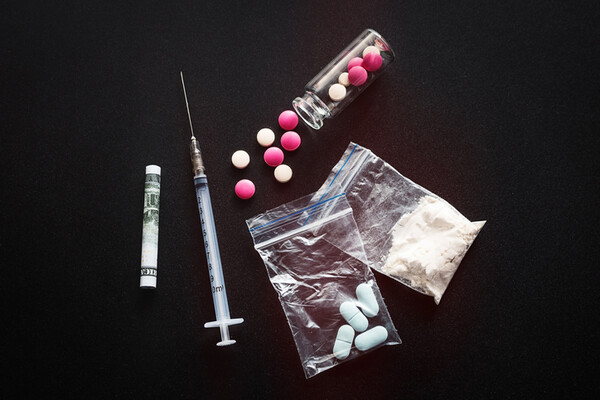A recent state audit has revealed that doctors and nurses in Korea can retain their medical licenses even if they struggle with drug addiction.

Moreover, there have been confirmed instances of doctors who, despite losing their licenses, continue to practice and prescribe non-insured drugs, prompting concerns about the oversight and management by health authorities.
These revelations emerged from a report published by the Board of Audit and Inspection of Korea (BAI) on Thursday as part of its routine Ministry of Health and Welfare (MOHW) audit.
Under the existing Medical Service Act, individuals with mental illnesses or drug addictions are deemed eligible for potential medical license revocation.
Nonetheless, due to the ambiguity surrounding the definitions of those qualified as drug addicts or individuals with mental illnesses, the government has revoked a medical license in only one case since 2017, which pertained to a nurse diagnosed with schizophrenia.
The audit also unveiled that a doctor and an oriental medicine practitioner, both receiving treatment for bipolar disorder and schizophrenia, respectively, retained their licenses.
Since 2020, 102 medical professionals treated for dementia and 70 for schizophrenia have maintained their licenses. Furthermore, cases involving doctors and a nurse with a history of addiction to potent drugs like fentanyl and pethidine, both painkillers, have also retained their active licenses.
The BAI also exposed illicit medical practices among individuals whose medical licenses had been revoked. Their investigation revealed that 264 doctors, who had faced administrative penalties for violating the Medical Service Act, prescribed drugs on 3,596 occasions.
"The MOHW had failed to accurately track these violations," BAI said. "For example, an oriental medicine practitioner, who received a four-month license suspension for illegal activities, performed 1,469 unauthorized medical practices during his suspension period."
In response to the audit's findings, the BAI has called for the implementation of a systematic evaluation process that involves doctors and nurses in determining the qualifications of individuals with serious illnesses and drug addictions.
It also urged effective measures to monitor and penalize those practicing medicine during their suspension.

